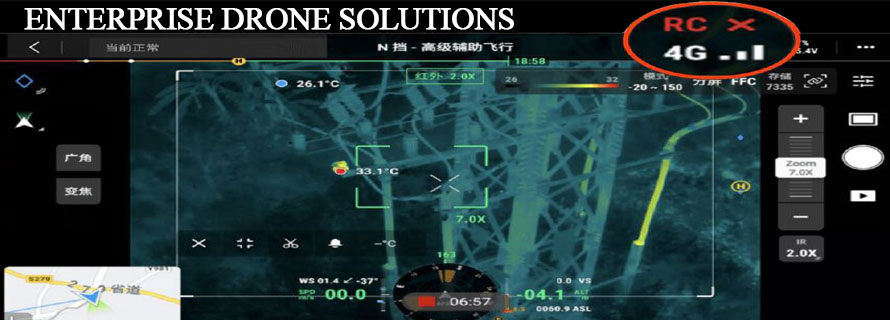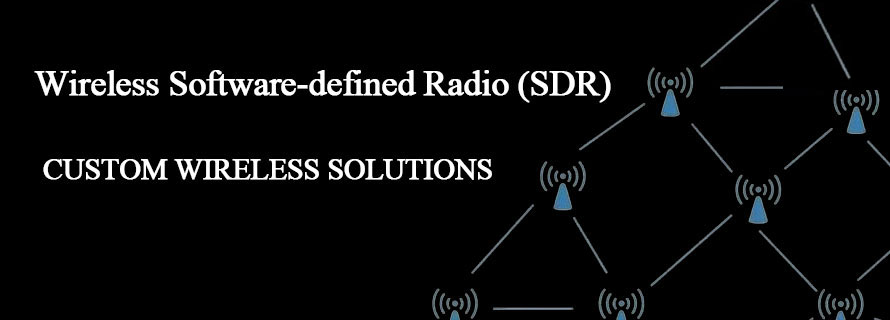-
SEDIMENT TESTS WATER AND SEDIMENT IN CRUDE OIL: D96
SEDIMENT TESTS WATER AND SEDIMENT IN CRUDE OIL: D96EXPLANATIONA determination of sediment and water content is required to determine accurately the net volume of crude oil involved in sales, taxation, exchanges, inventories, and custody transfers. An excessive amount of sediment and water in crude oil ...
-
TOTAL SEDIMENT IN RESIDUAL FUELS: D4870
TOTAL SEDIMENT IN RESIDUAL FUELS: D4870(Equivalent Test Methods: IP 375 and ISO 10307)EXPLANATIONAppreciable amounts of sediment in a residual fuel oil can foul the handling facilities, and give problems in burner mechanisms. Sediment can accumulate in storage tanks, on filter screens, or on burner parts, ...
-
SEDIMENT TESTS IN TRACE SEDIMENT IN LUBRICATING OILS: D2273
SEDIMENT TESTS IN TRACE SEDIMENT IN LUBRICATING OILS: D2273EXPLANATIONExcessive amounts of sediment in oil could lead to system malfunction in critical applications. This test method measures the trace level amounts (<0.05 volume %) of naptha-insoluble sediment that can be separated by centrifugation. ...
-
SEDIMENT TESTS IN CRUDE OIL: D4807
SEDIMENT TESTS IN CRUDE OIL: D4807EXPLANATIONA knowledge of the sediment content of crude and fuel oils is important both to the refining operations and the buying or selling of the oil. This test method is applicable to crude oils with sediments up to about 0.15 mass %.TEST SUMMARYA crude oil sample ...
-
SEDIMENT TESTS SEDIMENT IN CRUDE AND FUEL OILS: D473
SEDIMENT TESTS SEDIMENT IN CRUDE AND FUEL OILS: D473(Equivalent Test Methods: IP 53, ISO 3735, DIN 51789, and AFNOR M07-063)GENERALThere are several sediment tests that differ from each other only in details of the procedure such as the solvent used, time, or speed of centrifugation, or both.EXPLANATIONA ...
-
SAPONIFICATION NUMBER: D94
SAPONIFICATION NUMBER: D94(Equivalent Test Methods: IP 136, ISO 6293, DIN 51559, JIS K 2503, and AFNOR T60-110)EXPLANATIONPetroleum products may contain additives that react with alkali to form metal soaps. Certain used engine oils may also contain chemicals which will similarly react with alkali. The ...
-
SALT IN CRUDE OILS: D6470
SALT IN CRUDE OILS: D6470EXPLANATIONA knowledge of water extractable inorganic halides in crude oil is important in deciding whether or not the oil needs desalting. Excessive halides, especially in crude oil, frequently results in higher corrosion rates in refining units. This test method covers the ...
-
SALTS IN CRUDE OIL: D3230
SALTS IN CRUDE OIL: D3230EXPLANATIONThe knowledge of the content of salt in crude oil is important in deciding whether or not the crude needs desalting. Excessive salt left in the crude frequently results in higher corrosion in refining units.TEST SUMMARYThis test method is based on the conductivity ...
-
RUST PREVENTING CHARACTERISTICS OF STEAM TURBINE OIL: D3603
RUST PREVENTING CHARACTERISTICS OF STEAM TURBINE OIL: D3603EXPLANATIONHorizontal metal surfaces, on which water droplets tend to be retained, are more prone to rusting and corrosion than vertical or sloping surfaces. This test method is therefore more discriminating than Test Method D665 (Procedure A), ...
-
RUST PREVENTING CHARACTERISTIC OF MINERAL OILS: D665
RUST PREVENTING CHARACTERISTIC OF MINERAL OILS: D665(Equivalent Test Methods: IP 135, ISO 7120, DIN 51585, JIS K 2510, and AFNOR T60-151)EXPLANATIONIn many instances, such as in the gears of a steam turbine, water can become mixed with the lubricant, and rusting of ferrous parts can occur. This test ...



